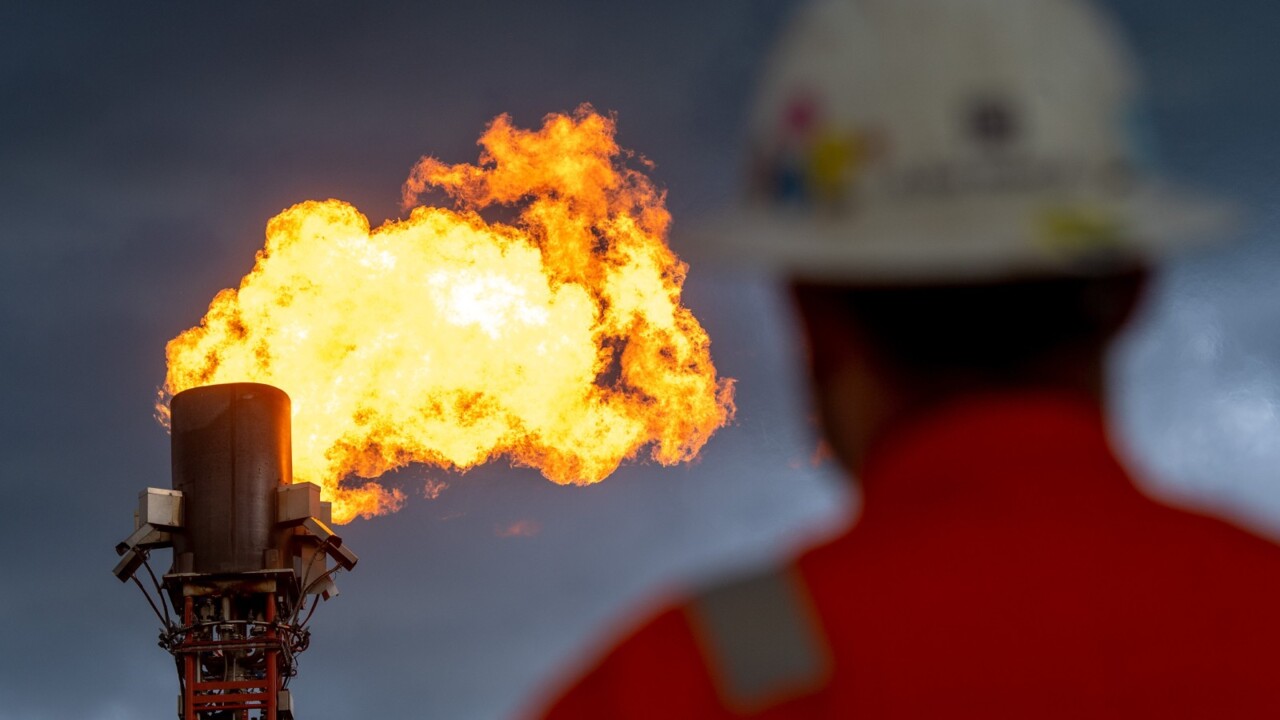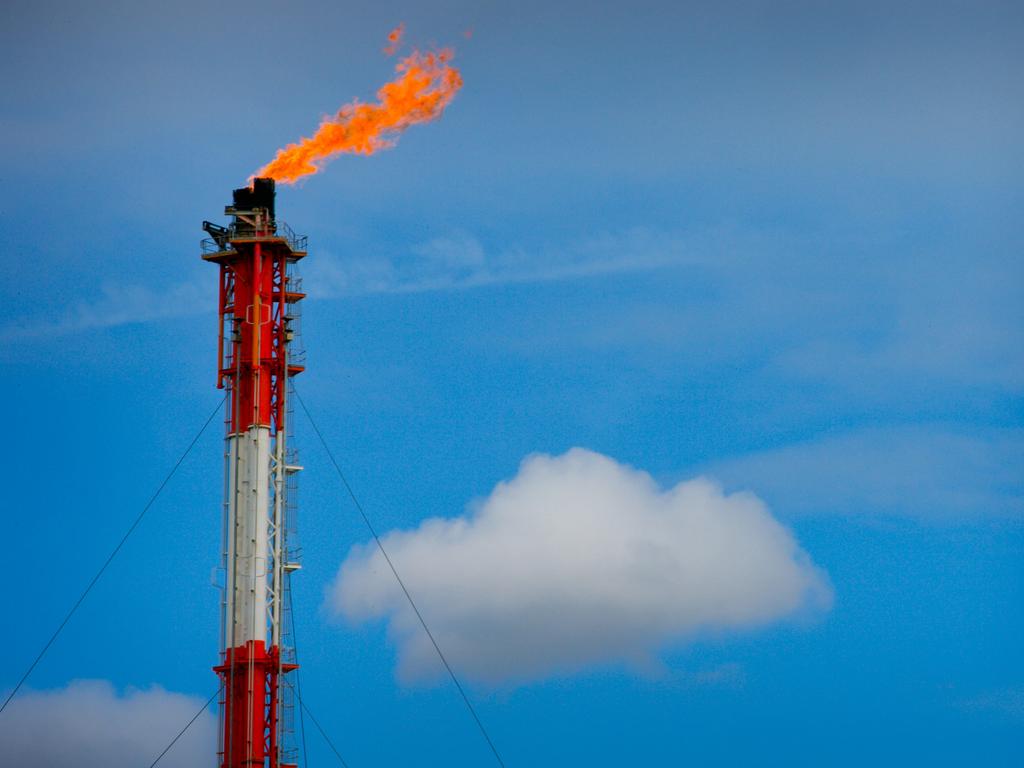Gas reservation scheme now the only way forward

Offshore gas from the Bass Strait, the traditional bedrock of supply, is rapidly depleting while new projects like Narrabri await lengthy regulatory approvals. The warnings tell us that current mitigation efforts are insufficient to deal with emerging shortages. The ACCC advises that the use of import terminals, as some bizarrely suggest, “would not obviate development of domestic sources of supply”.
This serious predicament had its origins back in August 2012 when the Gillard government rejected a gas reservation scheme. Over the years, the ACCC reported that LNG producers were cutting back on domestic supplies to meet overseas demand. This was at odds with their previous assurances that sufficient supply and prices would not be affected by export contracts.
Commitments made were broken. Both parties must take their share of responsibility for allowing a cartel of global energy companies to control our natural gas supplies and effectively set the price of gas.

We’ve learnt the hard way. Gas has not been a cheap source of energy since 80 per cent of it was exported. Gas sets the marginal cost of electricity. When it’s used, especially in times of low renewables output, unsustainable cost increases are passed on in our bills.
With Labor conflicted and sending out mixed messages about the future of gas, solutions to shortages won’t come easily. The release of Labor’s Future Gas Strategy raised hopes of a change in attitude, especially on the part of Energy Minister Chris Bowen. He had rejected gas as a transition fuel and excluded it from the Capacity Investment Scheme.
It wasn’t long before negativity set in and legislation was pulled in the Senate. In a radio interview, a Labor MP commented: ‘‘I didn’t get into politics to be a support mechanism for the fossil fuel industry’’. Even the ALP president sided with the ‘‘distress’’ LEAN environmental activists were feeling, telling them: ‘‘I felt your pain.’’
Labor’s failure to collectively understand that the livelihoods of many thousands of workers and their families depended on gas was dispiriting. After all, these are the people relying on the ALP to protect their interests.
The message from their union was clear. The AWU secretary explained: ‘‘Our members work across the supply chain, from extraction to transport and end users across the economy, so we understand the importance of gas to Australia as a key input to manufacturing and power generation.” Will Labor’s strategy actually lead to any meaningful change? Until Labor’s position is clear and unambiguous, it’s a question of seeing is believing.
It beggars belief that gas import terminals are seen as a solution, with one under construction by Andrew Forrest’s company at Port Kembla. Relying on imported LNG would expose our economy to global energy shocks. In a troubled world, energy security is key. As one of the world’s largest LNG exporters there’s no justification for importing gas to deal with domestic shortages that have resulted from our policy failure.

In 2017 then resources minister Matt Canavan first raised the threat of export restrictions through the use of the ‘‘gas trigger’’. Since then all available levers, like price caps, gas redirections, codes of conduct and revised heads of agreement have provided useful, temporary solutions, but they are inadequate in dealing with structural gas shortages. The ACCC report suggests a range of measures that would take years before new supplies could be assured.
There’s only the one option remaining to deal with this emerging energy crisis. We need a legally binding gas reservation scheme. From the start it could cover issues of supply and price for uncontracted gas. Existing long-term export contracts, set to expire from the mid-30s, would remain unaffected, eliminating arguments about sovereign risk.
The LNG exporters need to appreciate that they operate with a social licence. There are limits if the community believes there’s not a commensurate public benefit from the extraction of resources. Leaving our domestic economy at huge risk doesn’t pass the pub test. The commonwealth has the power to stop exports, which gives it huge leverage as a last resort. Both parties are now on notice. Our manufacturing industry and thousands of jobs are at stake. Households and businesses cannot cope with ever increasing power bills which are driving many into energy poverty.
Gas shortages are now an issue of national importance, one that demands immediate attention and bipartisan support for a legally binding gas reservation scheme.
Jennie George is a former ACTU president and former Labor MP for Throsby.






The recent headline “Gas shortfall expected to hit east coast in 2027” sounded an ominous warning. The ACCC brought forward its prediction of gas shortfalls by a year and called for an “urgent” development of new sources of supply. Similar warnings have been made by the market operator AEMO. The Albanese government is facing a serious structural shortfall in gas supply.